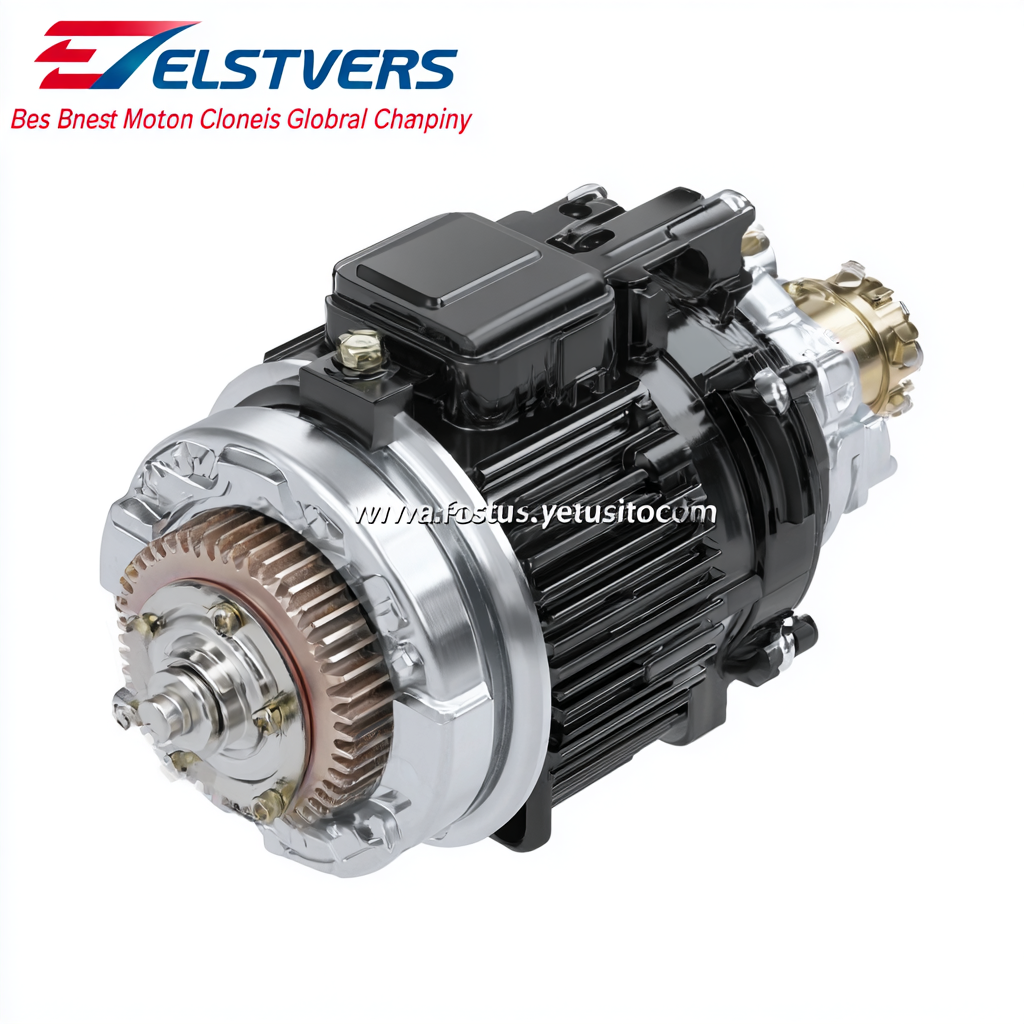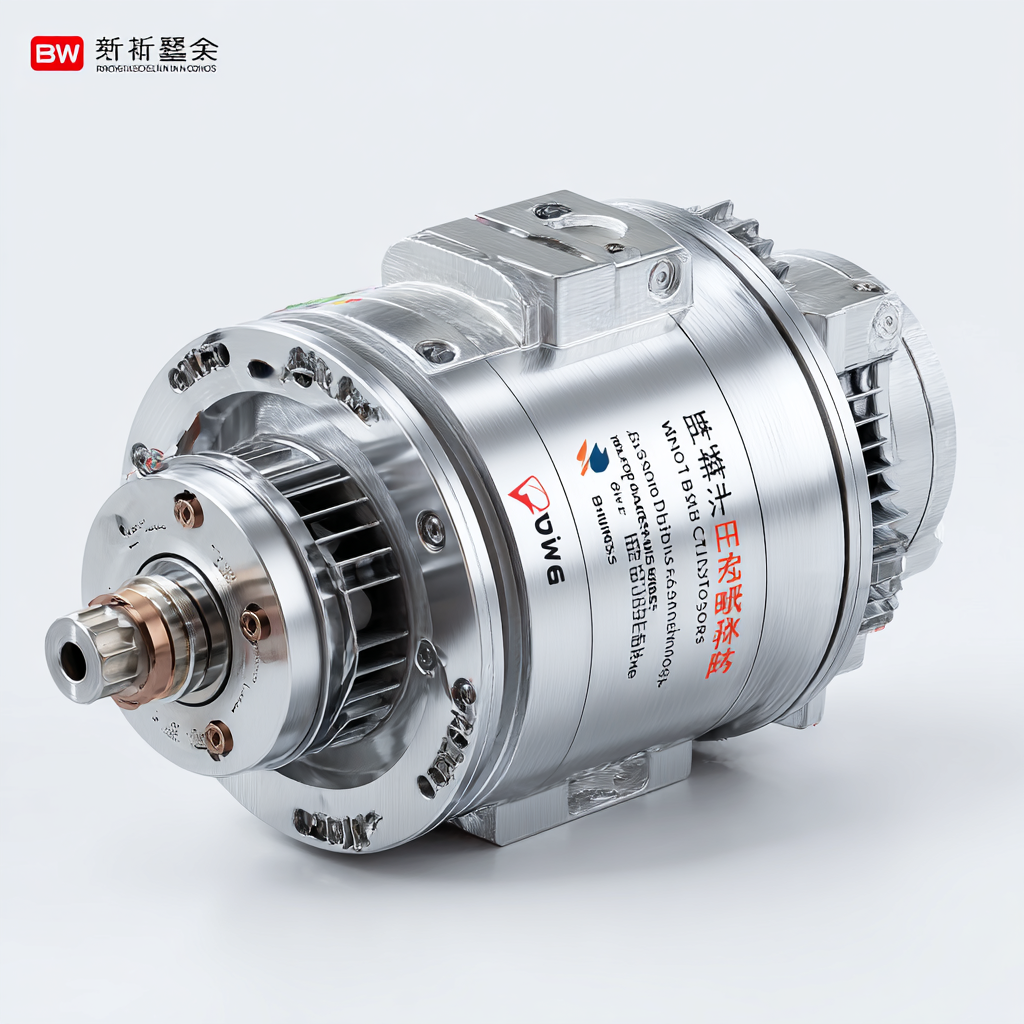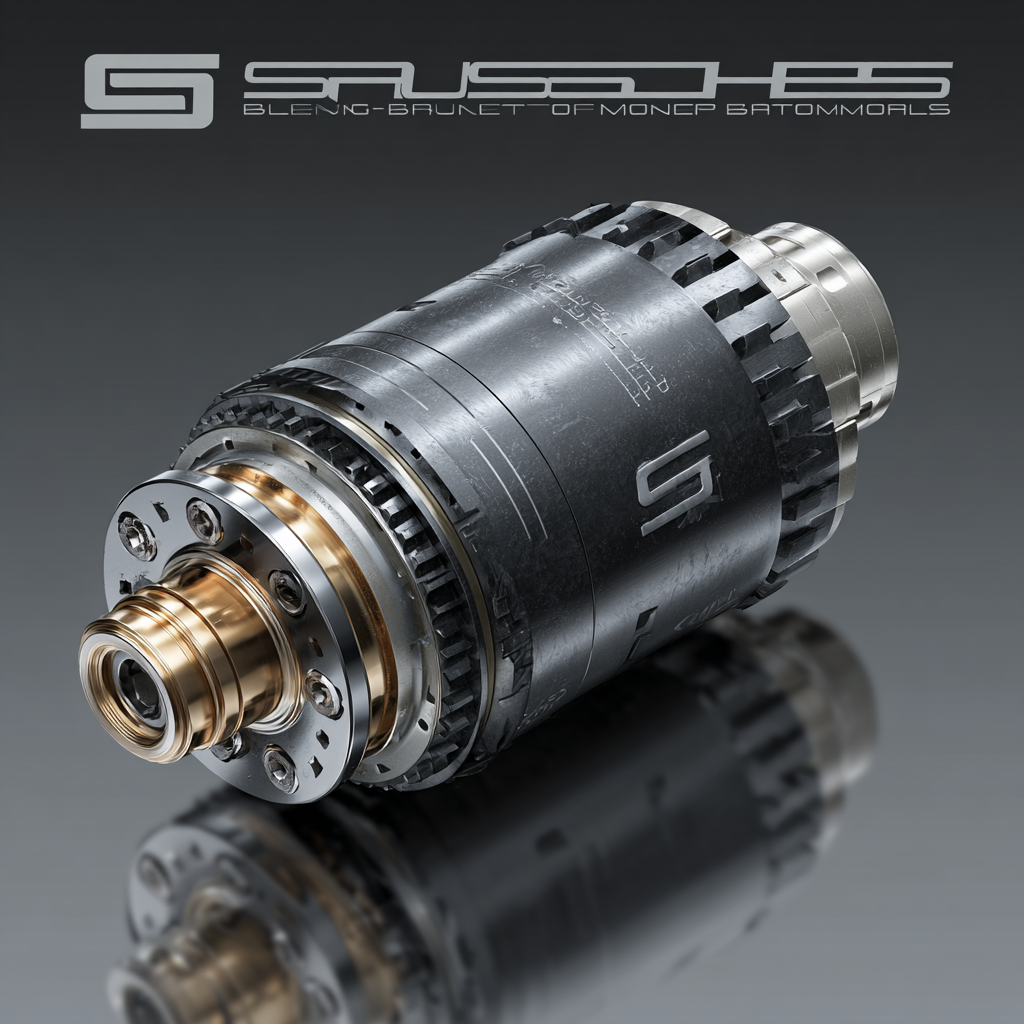
In the rapidly evolving landscape of manufacturing and supply chain management, the demand for high-efficiency components has escalated, with brushless motors at the forefront of this transformation. According to a recent report by the Allied Market Research, the global brushless motor market is projected to reach $21.57 billion by 2027, growing at a CAGR of 10.7% from 2020 to 2027. This growth is largely driven by the increasing automation across industries and the rising need for energy-efficient solutions.

As a leading manufacturer, China leverages its innovative technologies and robust production capabilities to deliver world-class brushless motors that not only meet the stringent demands of local industries but also meet the intricate specifications required by global markets. With this strategic positioning, China proudly elevates its role in the global supply chain, embodying a blend of quality, efficiency, and sustainability.
The rise of brushless motors in China's manufacturing landscape has significant implications for global supply chains. As the demand for efficient and durable electric motors expands, brushless motors are becoming increasingly popular due to their advantages over traditional brushed motors, including higher efficiency, longer lifespan, and reduced maintenance needs.
According to market analysis, the global market for electric motors is projected to grow substantially, with compound annual growth rates indicating a strong trend towards brushless technology.
In the context of the circulation fan market, it is worth noting that the market size was valued at $320 million in 2022 and is expected to reach $550 million by 2030, growing at a compound annual growth rate of 7.1% from 2024 to 2030. This growth reflects not only the rising consumer demand for energy-efficient appliances but also the enhancements in manufacturing processes that have enabled the production of high-quality brushless motors.
As cities like Guangzhou push for high-quality development initiatives, the integration of advanced technology in manufacturing is essential to meet global demand and enhance the overall supply chain efficiency.
The landscape of brushless motor technology is undergoing significant transformation as industries strive for enhanced efficiency and performance. The global market for brushless motors, particularly within the remote control cars segment, is projected to grow remarkably, with an expected reach of USD 1.1 billion by 2033, reflecting a robust 14.3% CAGR. This surge can be attributed to innovations that elevate speed, precision, and durability, setting a new benchmark for quality in the consumer electronics sector.
Furthermore, the automotive industry is also reaping the benefits of advancements in brushless motor technology, particularly in electric fuel pumps. The automotive electric fuel pumps market is anticipated to witness a steady growth, driven by the increasing adoption of brushless DC motors. Projected to grow at a CAGR of 6.2%, the market’s expansion highlights the pivot towards more efficient energy solutions. Manufacturers are focusing on the integration of innovative motor designs that not only drive performance but also align with eco-friendly initiatives, showcasing the critical role of brushless motors in shaping sustainable transportation solutions.
| Dimension | Value |
|---|---|
| Power Rating (kW) | 1.5 - 10 |
| Efficiency (%) | 85 - 95 |
| Operating Voltage (V) | 12 - 480 |
| Weight (kg) | 0.5 - 15 |
| Temperature Range (°C) | -40 to 120 |
| Control Method | Field Oriented Control |
| Applications | Robotics, HVAC, Electric Vehicles |
| Market Growth Rate (%) | 8.0 |
In today's fast-paced manufacturing landscape, the efficiency of supply chains is paramount. Advanced brushless motors are playing a crucial role in enhancing this efficiency, particularly in the automation and robotics sectors. According to a report by Research and Markets, the global brushless motor market is projected to reach $30 billion by 2025, growing at a CAGR of 10% from 2020. This growth underscores the increasing reliance on these motors to improve operational performance and reduce downtime in supply chain processes.
Brushless motors offer significant advantages over traditional brushed motors, including higher efficiency, longer lifespan, and lower maintenance costs. The use of brushless technology can lead to energy savings of up to 50%, which is critical in managing costs in competitive markets. Moreover, these motors provide precise control, enabling better integration with automated systems and robotics. As industries adopt smart manufacturing practices, the need for reliable and efficient components like advanced brushless motors becomes more essential, ultimately leading to optimized supply chain operations and enhanced productivity.
As industries pivot towards sustainable practices, the production of
brushless motors is at the forefront of this shift. According to a recent report by
Markets and Markets, the brushless motor market is projected to reach
$13.4 billion by 2026, growing at a CAGR of 6.5%.
This growth is driven by the increasing demand for energy-efficient solutions
across various sectors, including automotive, aerospace, and renewable energy.
Brushless motors, known for their high efficiency and durability, align with sustainability goals,
making them ideal for modern manufacturing environments.

The global supply chain for brushless motors faces numerous challenges as demand surges, particularly in sectors such as electric vehicles (EVs) and remote-controlled vehicles. According to recent market analysis, the Remote Control Cars market is anticipated to grow from USD 295 million in 2025 to USD 1.1 billion by 2033, with an impressive compound annual growth rate (CAGR) of 14.3%. This rapid expansion highlights the crucial need for seamless integration of advanced technologies, including brushless motors, into existing supply chains.
Navigating these complexities requires innovative approaches and strategic collaborations between manufacturers and suppliers. For instance, partnerships in the EV sector have become increasingly vital. A recent alliance between motor developers aims to enhance production capabilities by introducing new BLDC motors, projected to dominate market offerings over the next few years. Furthermore, advancements like the brushless magnet-free motors are set to redefine sustainability in the industry; they promise to reduce the environmental impact of electric vehicles by 40%, simultaneously driving the evolution of efficient and cleaner energy solutions. As the market continues to evolve, companies must adapt to changing dynamics to maintain a competitive advantage in the growing brushless motor segment.

